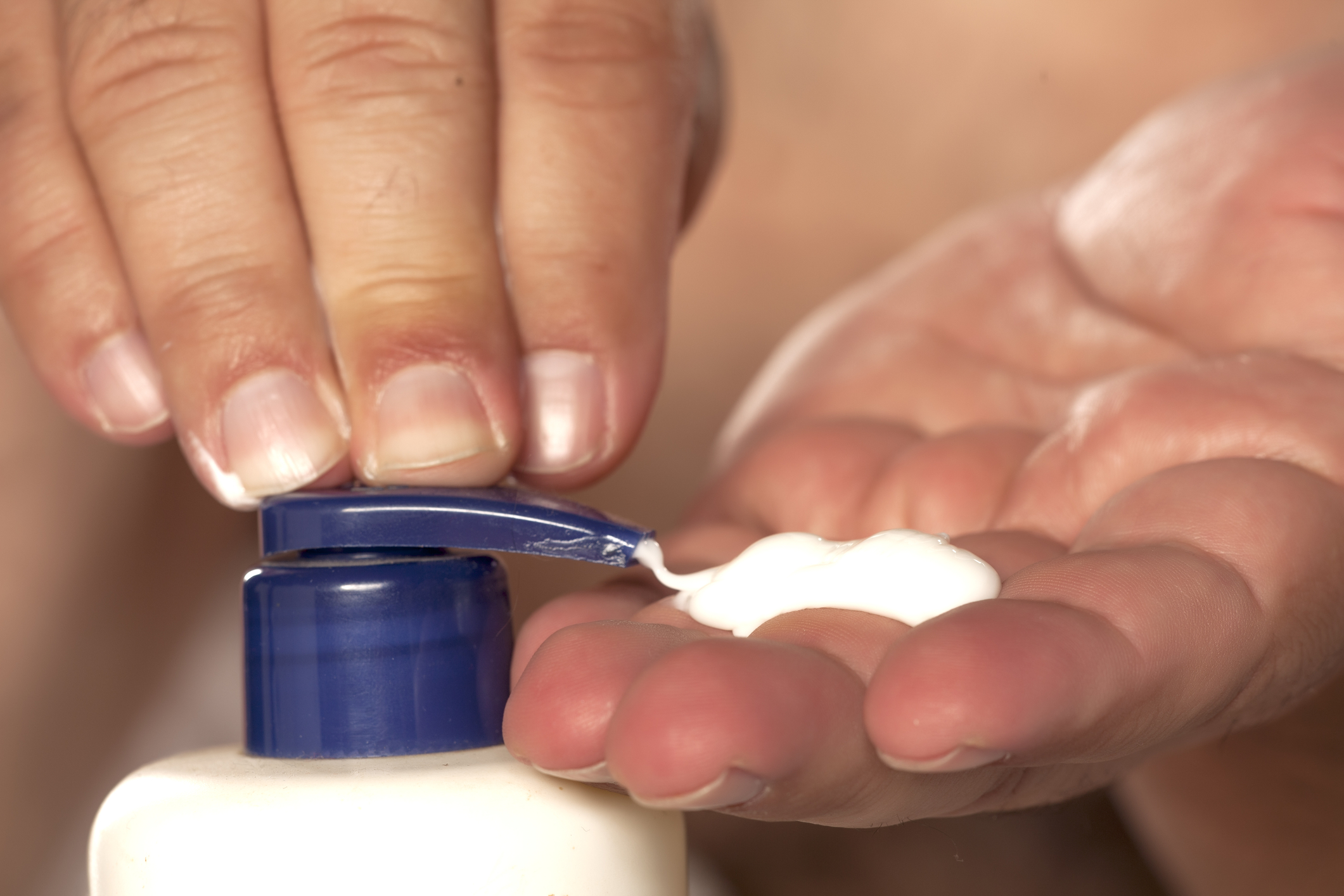7 Tips For Managing Eczema In The Winter
What Do Doctors Say About Moisturizers?

Moisture and anti-inflammatory creams are key. Researchers at Johns Hopkins University have extensively studied eczema treatments, and they recommend a hydrocortisone cream in place of regular lotion. In addition to its moisture contents, hydrocortisone has a steroidal anti-inflammatory agent that soothes the skin and aids in healing. Apart from using cream, the Johns Hopkins guide recommends using a petrolatum-based ointment that, rather than being entirely absorbed by the skin, sits on the surface of the skin and acts as an artificial barrier. The National Eczema Association also recommends a skin barrier cream infused with lipids and ceramides that imitate those naturally found in skin. When those elements are well-stocked, moisture is locked in, and the symptoms of eczema lessen significantly.